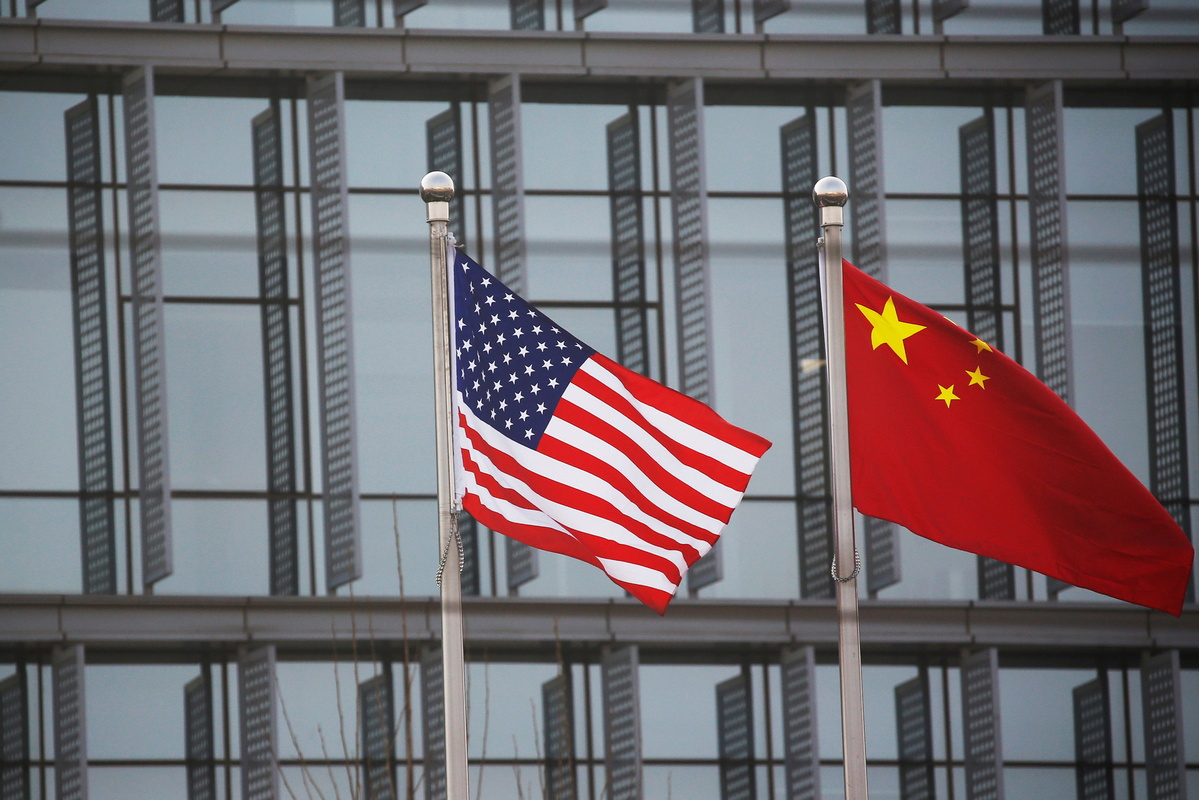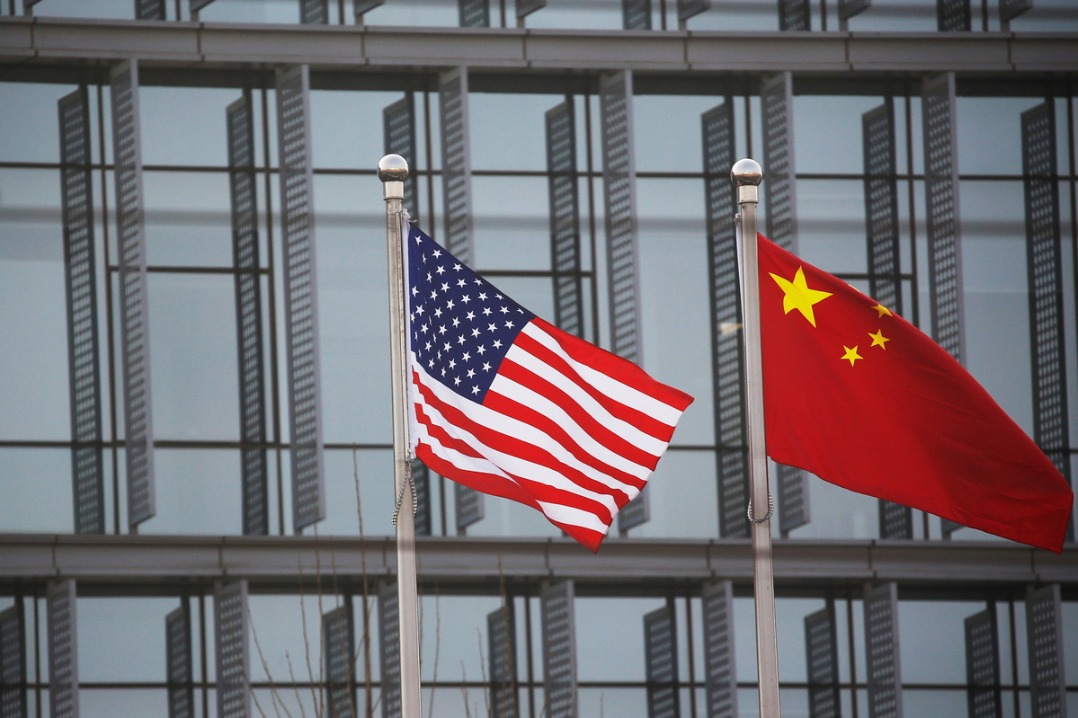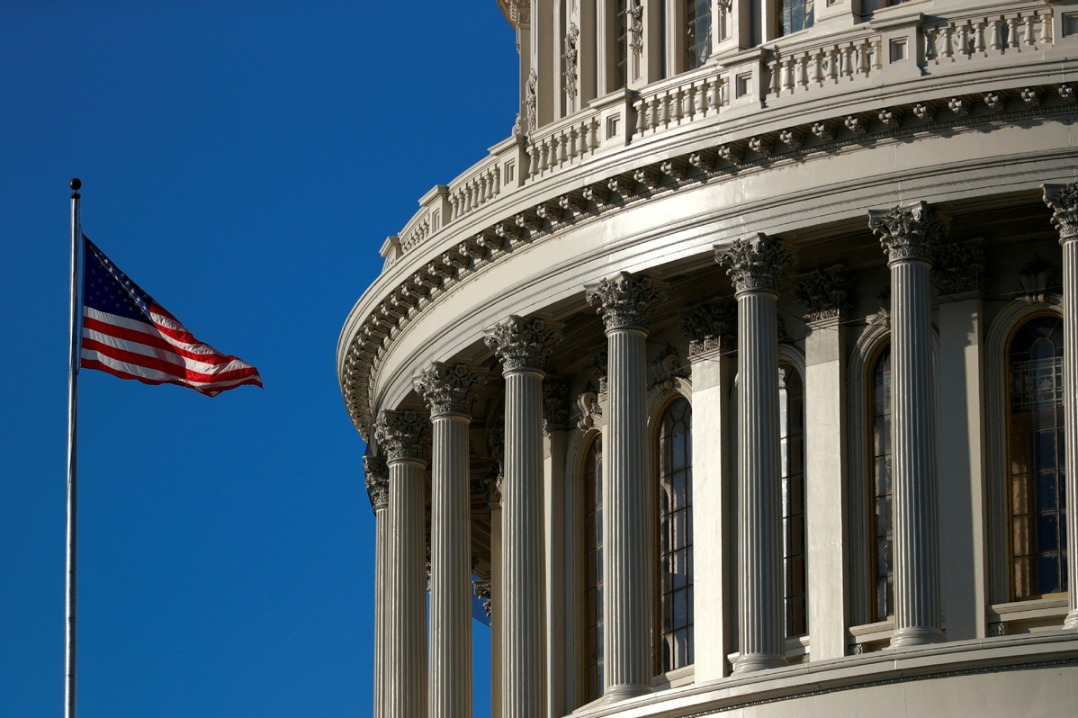Hard to change the mind of sinophobic Washington


The United States has hyped up the "China threat" fallacy in the past but it was largely confined to a few branches of the US government, such as the military, the State Department and Congress. Now, however, sinophobia is rife in all US government sectors and all aspects of society. The sentiment has also spread to the US' allies, making them receptive of the US narrative that they must work together to counter the "threat" from China.
The core of sinophobia in the US comes from its fear of China in the field of economics and trade. Despite the huge energy the US has spent to suppress it, the Chinese economy has not only shown great resilience, but also survived and grown stronger. More important, China is beginning to lead the world economy in many new economic sectors, mainly in the field of new energy. It has become ever clearer that while the US can slow China's progress, it is unable to stifle China's economy, adding to its sinophobia.
For years, China has been trying to internationalize its currency in the hopes of weaning itself off the US dollar and making the yuan one of the world's leading reserve currencies, along with the dollar and the euro. When Western countries launched sweeping economic sanctions against Russia after the Ukraine crisis in 2022, the yuan replaced the US dollar to become the most traded foreign currency in Russia, exaggerating the US' fear of the dollar losing its dominance.
In the US' policy discourse, the "China shock" is often described as the main culprit that devastated Rust Belt towns and led to greater economic inequality, in disregard of the basic fact that competition from Chinese producers and free trade have created more win-win results. If the US continues to impose trade restrictions on China, it will further push up its own prices, affecting the well-being of its low- and middle-income groups, because only China can provide such cheap products and huge market.
The fear of China surpassing the US in science and technology has also fueled the US' sinophobia, prompting the US to take every available means to curb China's technological progress.
In response, China should clarify its development intentions, and make clear that it does not have geopolitical intentions like the US, and its development is for the well-being of the people and its biggest geopolitical interests lie in its neighborhood.
IPP COMMENT


































